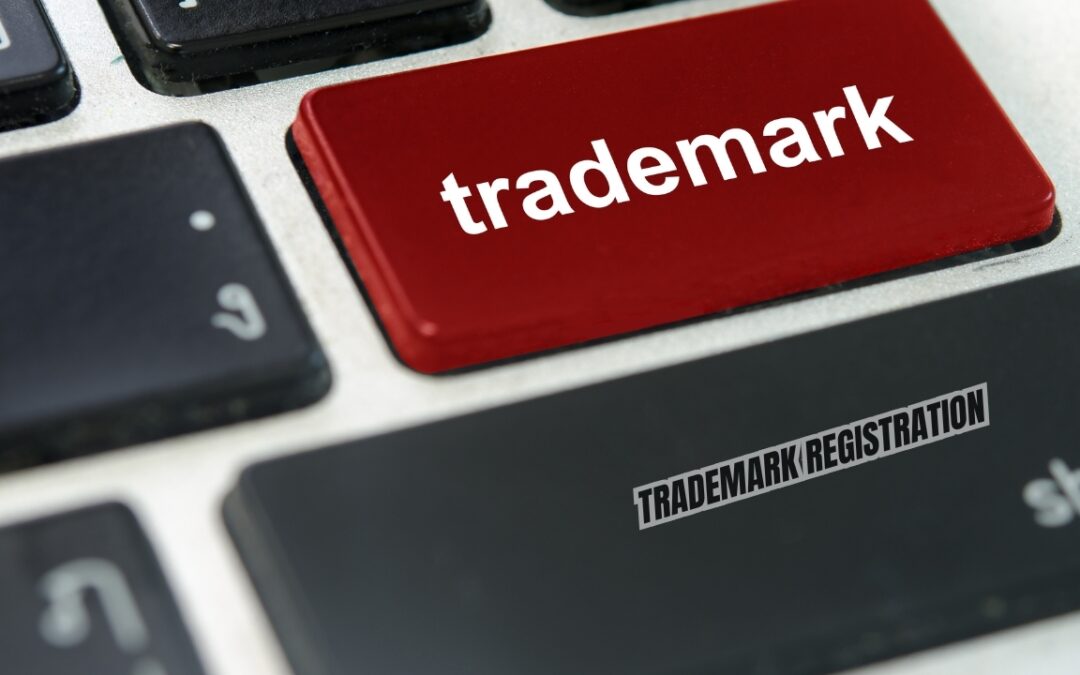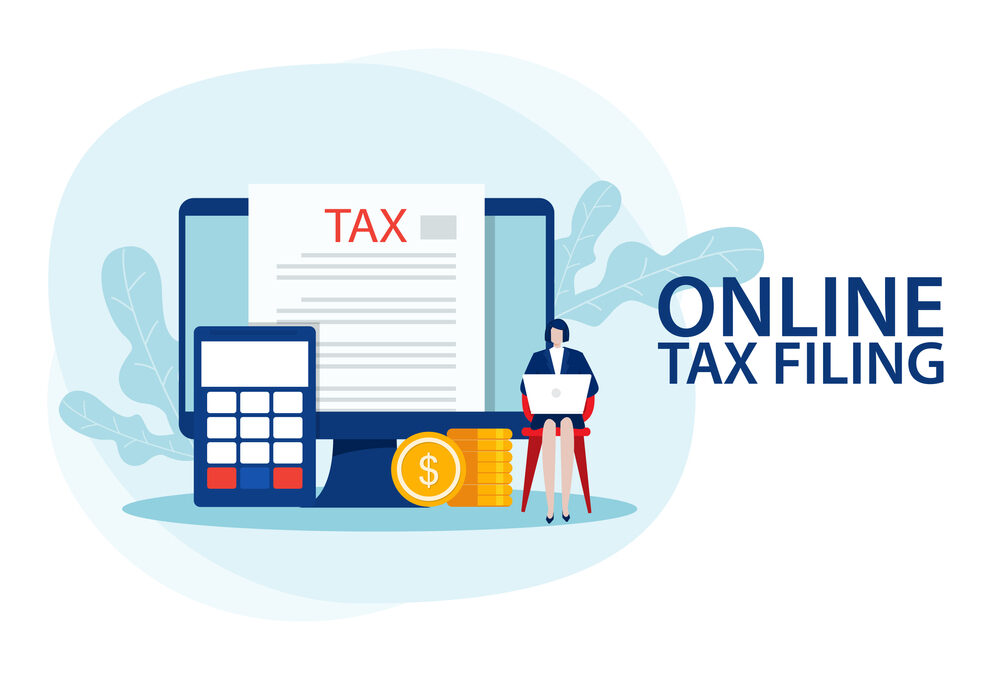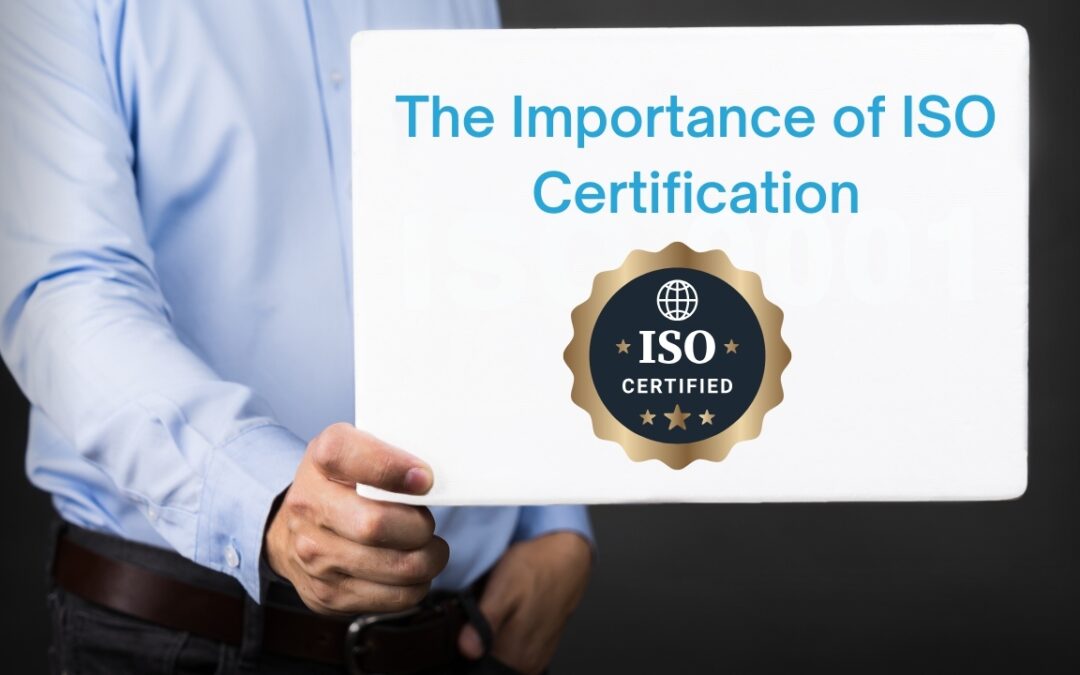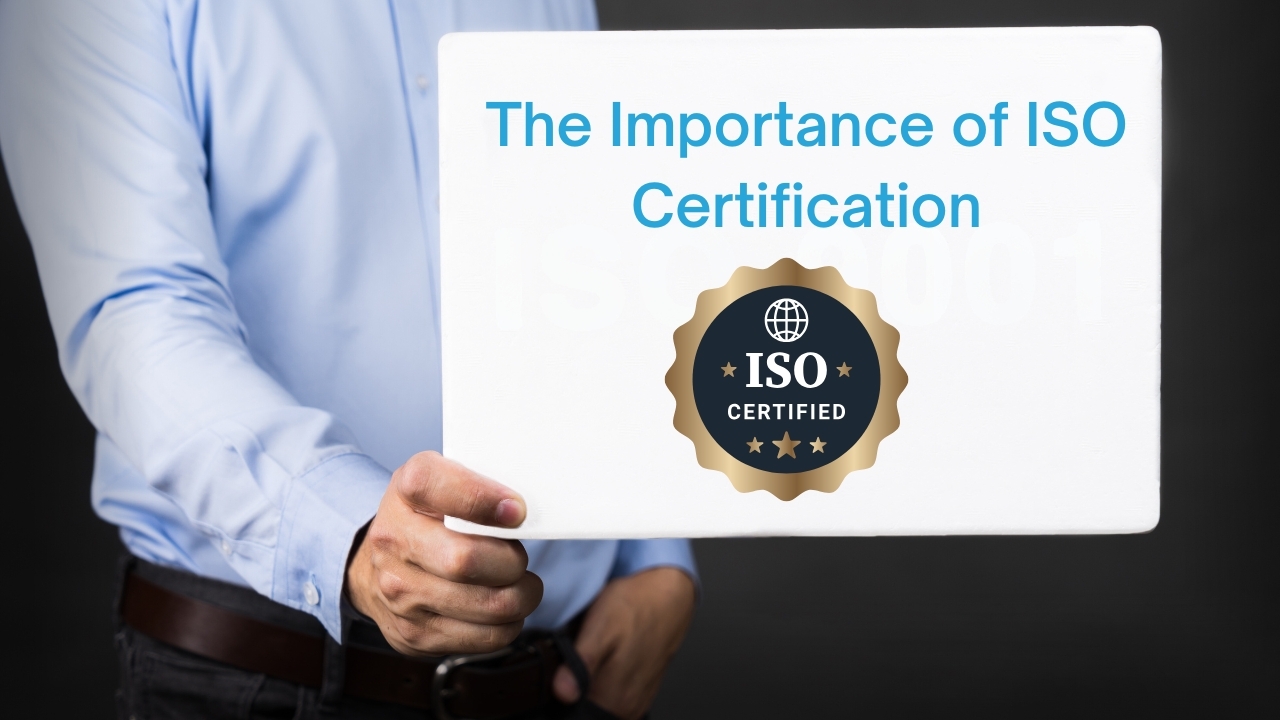
10 Essential Tips for Choosing the Right Website Development Company
Selecting the ideal website development company is a critical step toward building a strong online presence. A reliable partner can transform your ideas into a professional website that meets your business needs. Use this guide to ensure you make the right decision:

Prioritize Communication
Choose a company that listens to your vision, provides clear updates, and maintains open communication throughout the project. Collaboration is key to achieving a successful outcome.
Review Their Portfolio
Examine past projects to evaluate their expertise, style, and range. A company with diverse experience and projects aligned with your industry is often a better choice
Technical Proficiency
Ensure the team has expertise in modern tools, programming languages, and platforms such as WordPress, Shopify, or Laravel. Their ability to create mobile-friendly, SEO-optimized websites is also essential.
Offer Tailored Solutions
Look for a company that customizes designs and functionality to fit your specific goals and branding, rather than delivering generic or pre-made templates.
Focus on SEO
A website designed with SEO in mind is vital for driving organic traffic. Make sure the company incorporates elements like fast page loading, mobile responsiveness, and optimized tags.
Post-Launch Services
Regular updates and maintenance are essential for your website after it goes live. Select a partner that provides ongoing support to handle technical challenges and future improvements.
Transparency in Pricing
Choose a company that offers detailed pricing information upfront. Transparent quotes ensure you won’t encounter unexpected costs during or after the project.
On-Time Delivery
Timely completion is a hallmark of a professional team. Ensure the company has a proven track record of delivering projects within agreed timelines.
Check Reviews and Testimonials
Research client feedback on their website or third-party platforms. Positive testimonials can provide insight into their reliability and client satisfaction.
Plan for Scalability
Your website should grow with your business. Select a company capable of developing scalable websites that accommodate future features and handle increased traffic seamlessly.
Why YesToBoss Is Your Go-To Choice
At YesToBoss, we combine technical expertise with creativity to build websites that align with your business objectives. Whether you need a corporate site, e-commerce platform, or an SEO-driven design, we deliver excellence every step of the way.
Contact YesToBoss today to start building a website that sets your business apart!








